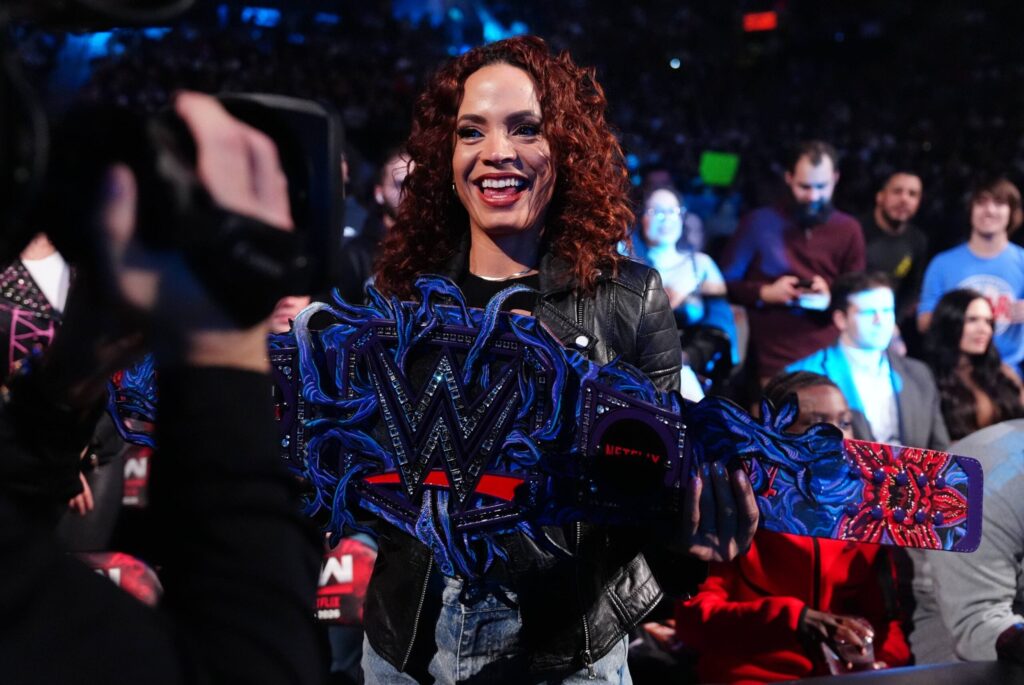Conventional wisdom indicates that Millennials vastly prefer the convenience of online shopping to physically visiting a store. To shift that convention, retailers may just need to reconsider the kinds of offers they have in store.
 Coupons have their appeal, but when it comes to 18- to-29 year olds, such offers do not hold up to experiences. A remarkable 84% of Millennials said they would be more motivated to shop a grocery store that allowed them to redeem reward points for a session with a chef than one that limited redemptions to product discounts.
Coupons have their appeal, but when it comes to 18- to-29 year olds, such offers do not hold up to experiences. A remarkable 84% of Millennials said they would be more motivated to shop a grocery store that allowed them to redeem reward points for a session with a chef than one that limited redemptions to product discounts.
The finding, gleaned from a survey of 1,034 consumers across the U.S., is among several that reveal the market group’s proclivity for personal experiences:
• 79% said a session with a personal stylist would entice them to shop more at a clothing store
• 77% said a consultation with a software expert would spur them to shop more with a specific electronics dealer
• 68% said a makeup artist session would prompt them to shop more with a cosmetics retailer.
None of the above requires so much as an app, though that does not mean digital channels should not be incorporated into all brand experiences. Consider, for example, the surging reliance on price-comparison tools. Rather, to lure the canny Millennial market into the store, all options should be complementary and consistent.
The retailers that resonate most with Millennials—and other age groups for that matter—are those that recognize why shoppers come to them in the first place and then parlay that insight into brand experiences that strengthen the customer connection. Ikea, Sephora and Apple are masters of this skill.
Fold into this strategy a loyalty program, and the merchant has a tool to further enrich the customer experience by offering members exclusive opportunities, from personal consultations to VIP access to a show. Executed well, through appropriate data analysis, loyalty programs can enable a merchant to design meaningful memories that at the same time add value.
This is an important equation for the 77-million Millennial market, many of who entered the workforce during the recession of 2007 to 2010. The economy is rebounding, but slowly, and this age group is shaping up to be more financially conservative than marketers may have predicted back in 2005.
Value is important to this group, but we should not limit value to dollars saved. One has to look no further than social media to see that. I’d argue that social media enhances the desire among Millennials to pursue experiential rewards, simply so they can post them. If this is the case, then it makes sense to incorporate social outlets into a loyalty platform.
Getting Millennials to enroll in a rewards program is the first step. For the retailer, their membership provides crucial customer data such as purchase history and behavior that can help to shape sales strategies. Millennials, more than any other demographic, understand the need to “give to get,” and tend to be willing to share personal information if they perceive value in exchange for their data.
Experiential rewards can be used as incentives for signing up, and can be part of a tier strategy to help motivate members to achieve specific activity levels.
Brands are already incorporating experiential rewards into their program offerings. For example:
Starwood Hotels & Resorts allows members to earn points toward advanced tickets and upgraded seating for Broadway shows. In addition, members can bid on once-in-a-lifetime experiences such as sitting with the stage manager, meeting the cast backstage and attending private after-parties for productions such as Annie, Wicked and Billy Elliot. Though not a retailer, Starwood’s partnership strategy can be applied to any industry.
Sephora, the perfume and cosmetics chain, offers multiple tiers within its rewards program with more valuable experiences as customers spend additional dollars. Ranging from a “Beauty Insider” to “Very Important Beauty Insider,” perks include beauty classes, members-only shopping events and unlimited access to the Beauty Studio, Sephora’s in-store salon.
Last fall, grocery chain Giant Eagle launched a campaign to hire chefs for its new Market District concept locations. The approach sought to strike a balance between meeting typical shopping needs and learning about food. Chefs are expressly instructed not to ‘push product,’ but to use their time in the demo kitchens solely to educate.
Global Hotel Alliance’s GHA Discovery program offers authentic local experiences such as spending the day with a local fisherman off the coast of Portugal then having the catch prepared for dinner that evening. GHA partnered with top local shopping venues such as Harrods in London, Illum in Copenhagen and KaDeWe in Berlin for special access. Opportunities also included tickets for unique access to must-see events and shows in London, New York, and other destinations.
Successful marketing to Millennials depends on how well retailers recognize and then respond to their unique needs. In that light, the personal connection means the most to these consumers: curating that one-on-one interaction that becomes a memorable event of personal value.
That’s why a cooking lesson with a chef or a color analysis with a makeup artist tend to get Millennials in stores to foster engagement, loyalty and, ultimately, profitability with—a group expected to account for 30% of all retail sales by the end of this decade.
Bryan Pearson is president of LoyaltyOne and New York Times best-selling author of The Loyalty Leap.




